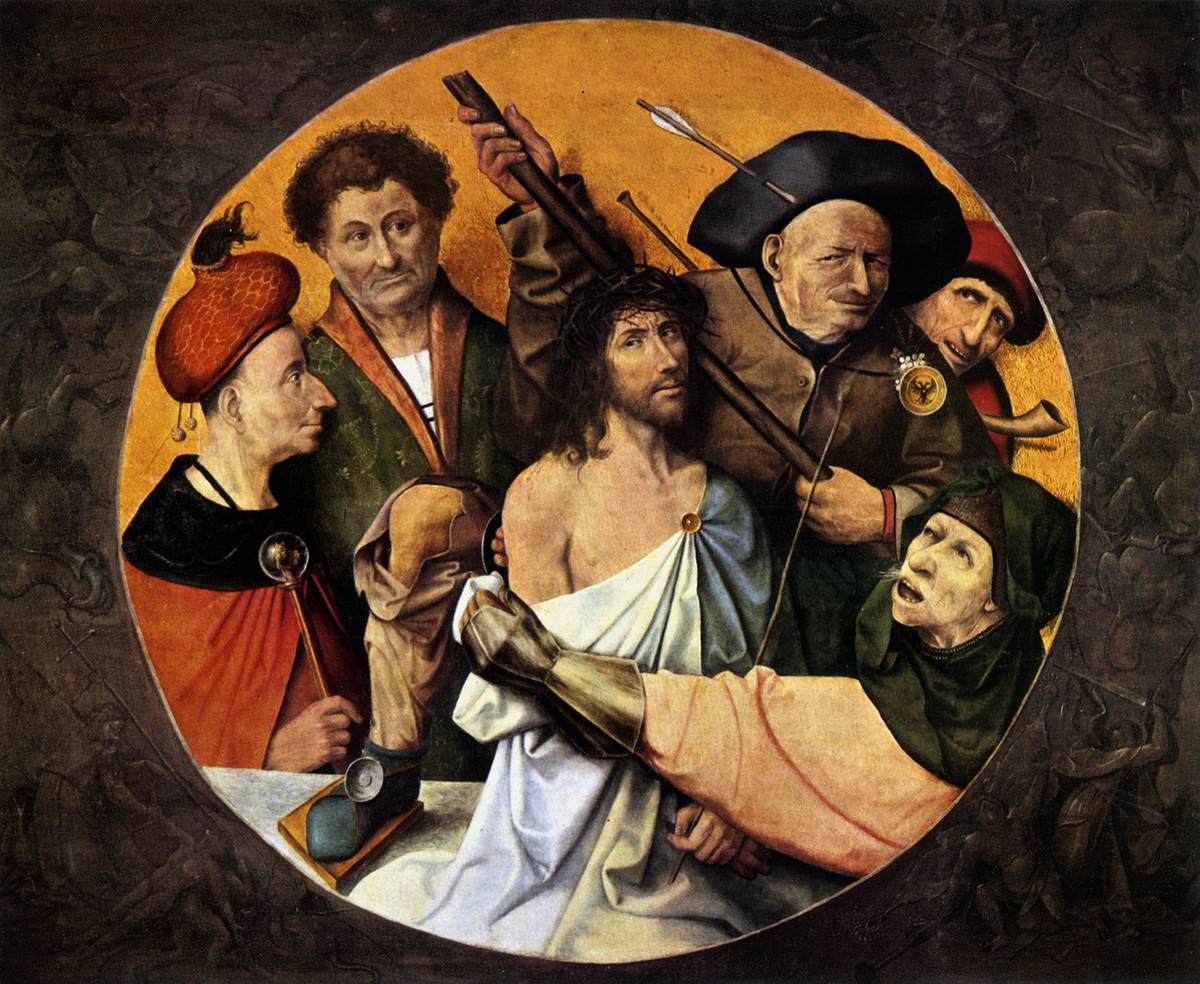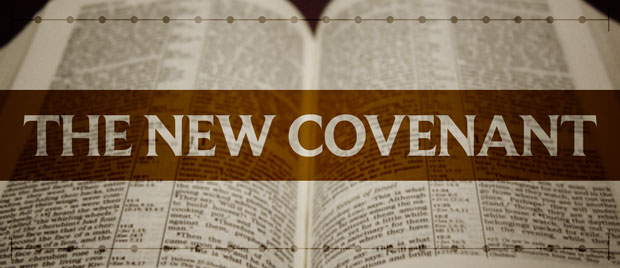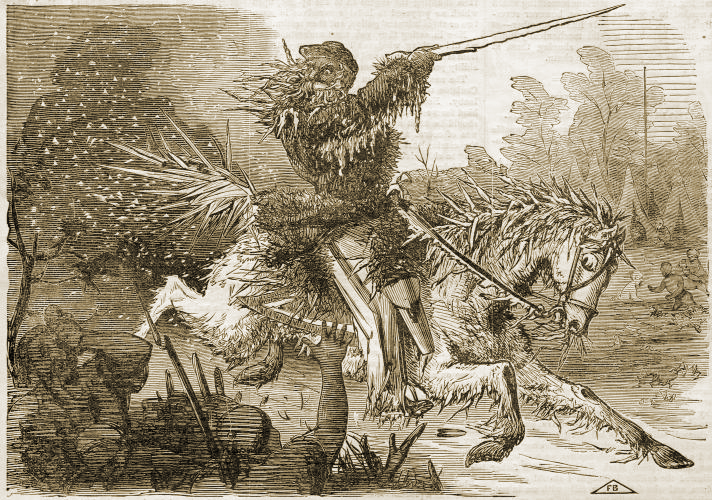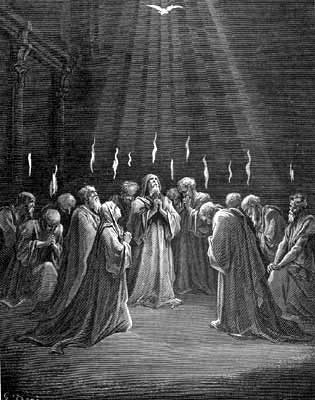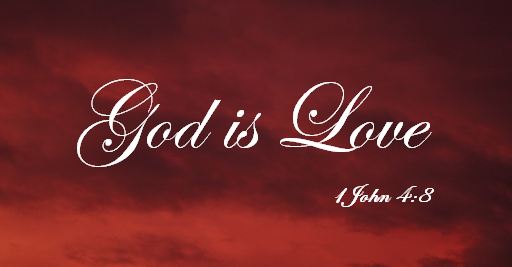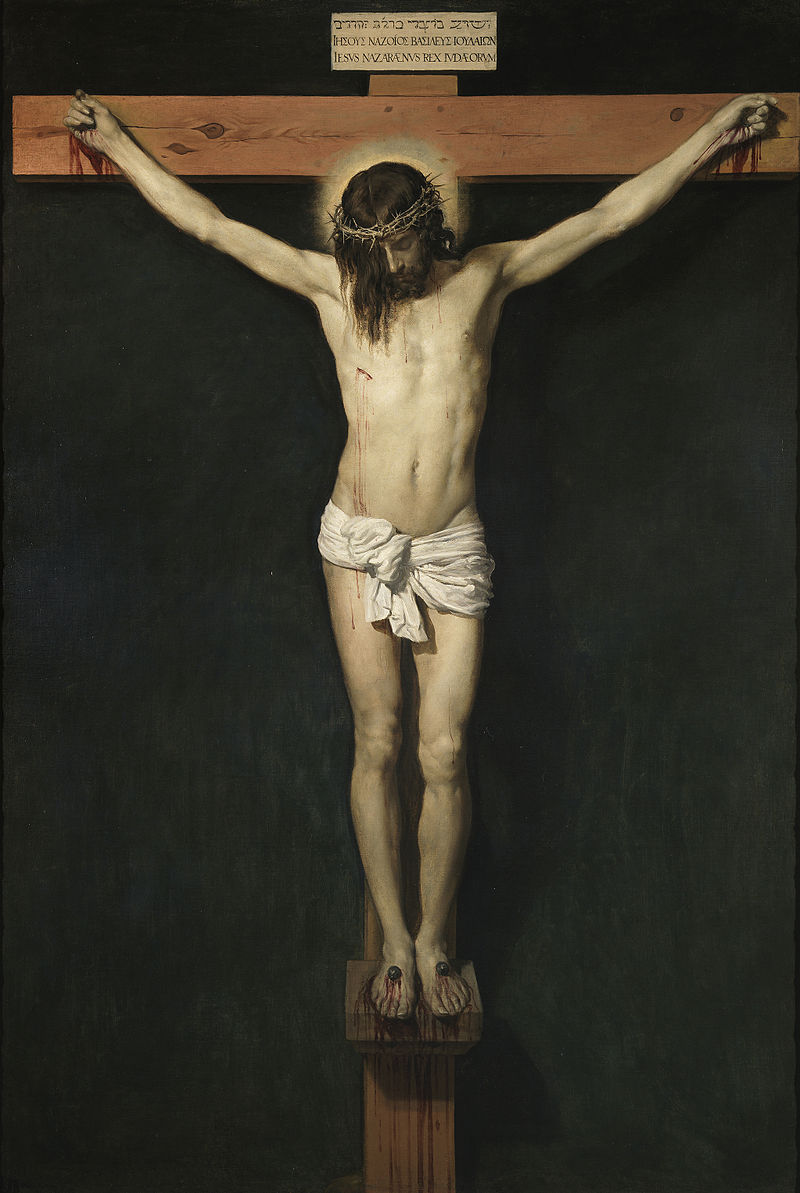The Occidental Observer (TOO) has been publishing several articles on white pathology this week (this one on Sweden, only the latest). I feel that neither the editor of TOO nor the commenters have a grasp of what Secular Christianity is. For example, in the linked article Kevin MacDonald wrote:
It is vitally important that we come to grips with this suicidal phenomenon which is more common in Northern Europeans. It has nothing to do with Christianity. Sweden is the most secular country in the world, and its elites are hostile to Christianity and more than happy to donate Christian churches to the non-Christian newcomers, or destroying them to make housing for them.
Jack Frost commented:
“It has nothing to do with Christianity.”
I couldn’t disagree more. The striving after moral perfection you’re talking about is nothing if not Christian, as are the underlying ideals of charity and universal brotherhood. It’s inconceivable that any Jewish propaganda in that direction would have any appeal in the West if it hadn’t been so deeply Christian for so long. Christianity is where the West’s morality comes from, not propaganda. The sort of madness described above was unknown in whites of pre-Christian times.
MacDonald responded:
As an evolutionist, that is difficult to accept. You have to think that people can lose every aspect of Christian ideology except the ethics. Why keep that one and not, say, the doctrine of original sin or the idea of Hell? Why don’t we see Middle Eastern Christian groups with aggressively universalist ethics? Why has Christianity been compatible with slavery, Jim Crow, etc. in some times and places and with elite oppression during so much of Western history?
Besides my Tuesday entry where I quoted him I do not know well Frost’s point of view. Is he blaming Christianity for all our problems? I would disagree with such reductionism. In one of the recent TOO threads I quoted the formula that appears in The Fair Race’s Darkest Hour: individualism, universalism, weak ethnocentrism (“hardwired” characteristics in the White psyche since prehistoric times) plus egalitarianism, liberalism, capitalism (cultural “software” after the Revolution which ironically strengthened Christian axiology) plus the empowerment of Jewry since the times of Napoleon has created a lethal brew for the white peoples. In other words: I don’t believe in a single cause of western decline, but in several etiological ingredients.
MacDonald does not believe that Christianity is a root cause of the problem. The questions he raises above can be explained if we introduce the notion of what in The Fair Race we call “Secular Christianity.”
Why keep that one and not, say, the doctrine of original sin or the idea of Hell?
Secular Christians—western atheists, agnostics or nihilists who subscribe liberalism—have not abandoned the idea of sin, only sublimated it. Post-Christian whites are supposed to be the “bad guys” of world history.
Regarding the idea of hell, this has been the most psychotic idea of all Western history. In my opinion, the doctrine of eternal damnation proves that whites were psychotic throughout Christendom. I have written extensively about this extremely disturbing doctrine in Spanish and only a little in English.
Suffice it to say that it was to be expected that when whites abandoned the idea of eternal torture that they allegedly deserved according to the monstrous god they used to worship, something would happen. The extreme self-harming violence of such idea had to find an outlet, an ogre of the superego so to speak: exactly what we may well be witnessing with these pious efforts to deliver the European soil to the downtrodden à la The Camp of the Saints.
Why don’t we see Middle Eastern Christian groups with aggressively universalist ethics?
Good question professor MacDonald. Here we can see that my “brew” metaphor is better than any of the monocausal explanations. Among whites universalism is hard wired since prehistory, which explains why sand niggers who have embraced Christianity are immune to it.
Why has Christianity been compatible with slavery, Jim Crow, etc. in some times and places and with elite oppression during so much of Western history?
And here we have the other major factor, capitalism, in action. The use of slaves was obviously motivated by economic interests. In the past greed trumped the compassionate message of the gospel. Let me put it in this way: in Yang times capitalism trumps Christian axiology, whereas in yin times like ours altruistic axiology trumps economic interests.
In one of the recent TOO threads I quoted the Swede from whom I learnt the term “Secular Christianity.” I tried to explain the TOO commentariat that Christianity is not only dogmatics, but axiology (moral grammar, ultimate ethics) as well. From this viewpoint modern liberals, however rabid anti-Christian may seem, have not really broken away from their grandparents’ religion.
The Swedes who have been the subject of a couple of recent articles at TOO are a good example. What’s the most classic Swedish film that comes to mind? Ingmar Bergman’s The Seventh Seal, which depicts a quixotic knight (played by Max von Sydow, pic below) and his pragmatic squire who return to Sweden after fighting in the Crusades. Saving the Holy Land from the infidels (a Yang goal) may no longer be fashionable, but fulfilling the promises of the Sermon of the Mount (a yin goal), which contains the central tenets of Christian discipleship, has become mandatory, especially the Beatitudes. As a TOO commenter put it, “The idea that deluded, race denying, libtard Swedes think that they are creating a humanitarian superpower by genetically obliterating themselves, is one of the most perverse forms of masochistic megalomania that I have ever heard of.” But this is only the modern equivalent of the quixotic, and therefore disastrous, Children’s Crusade of 1212 (which recent scholarship has revealed was conducted not exactly by children but by quixotic commoners).
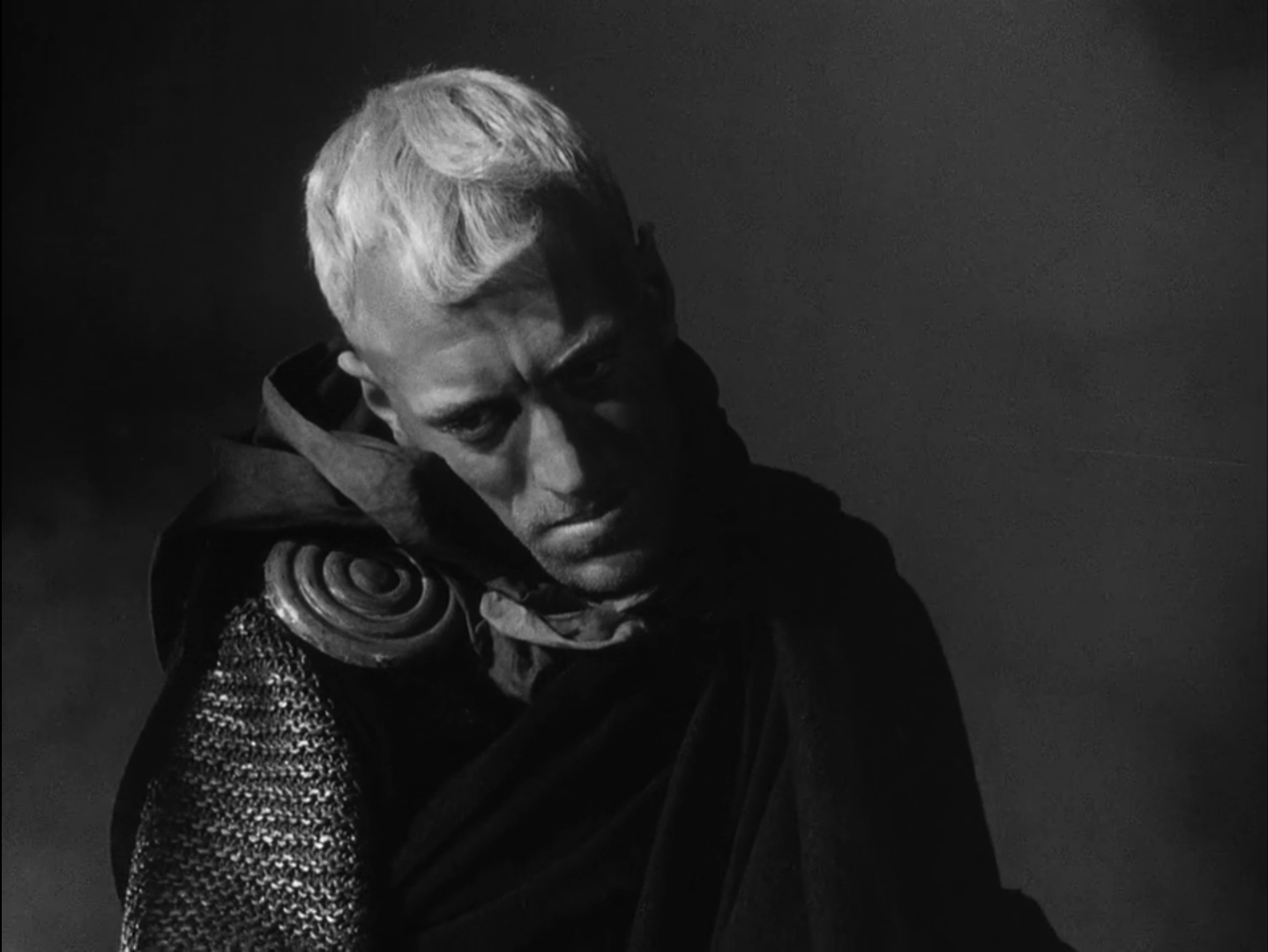
Presently whites are as religious Don Quixotes as they have always been, especially the pure Nordid atheists and secular humanists who claim to hate Christianity. But with honorable exceptions, like Alex Linder and company, MacDonald and most white nationalists ignore it.
I like to think of Christianity / Secular Christianity as a circle. Once you dismiss half of it, the dogma, the remaining axiological half metastasizes and tries to grow in the form of a circle again; this time without any need of gospel fictions. With due time dogmatics is thoroughly dismissed and the area of Secular Christianity becomes a full circle again. Every neo-Christian wants to be a quixotic knight in one way or another. The Swede wrote:
Our progressivist paradigm is based on Christian ethics. The Left is all about Christian ethics. What the left wing is doing is not destroying Western civilization, but completing and fulfilling it: what I call “The Finish of the West.” The current order is the last and terminal phase of Western Christian civilization.
It’s the Western Christian civilization that feeds all these processes. So the Western Christian civilization is in fact the worst enemy of what I call European civilization: another reason for wanting the Western Christian civilization to go away. For the very same reason that Christian ethics abhors infanticide, [presently] it causes the population explosion in the world.
Christian ethics cannot stand the sight of little brown children dying. They must help them, or they will freak out. According to Christian ethics it is forbidden and unthinkable to think in terms of not saving every little brown child across the planet.
But the consequences of this mindset are catastrophic, not only to us but also to them, as I have already explained. But since people are so programmed according to Christian ethics, what I’m saying does not seem to enter their heads. The thought is too unthinkable to be absorbed. It’s an utter taboo.
This is derived from the deepest moral grammar of Christianity. The population explosion is not caused by liberalism, it is caused by Christianity in its most general form.
And not only the population explosion thanks to Western aid. Secular Christianity is behind the acceptance of those masses of non-white immigrants into our soils. Frost is right above that it is inconceivable that any Jewish propaganda in that direction would have any appeal in the West if it hadn’t been so deeply Christian for so long (my emphasis). Furthermore, the Swede claims, in my opinion accurately, that since in neo-Christianity there is no sacrificial Christ, we ourselves, the still guilty post-Christians, must do the sacrifice—what is happening in Sweden!
In the article about “Schweitzer’s niglets” which expands the above quote you will also surmise a possible reply to one of MacDonald’s critical statements of Frost’s views:
You have to think that people can lose every aspect of Christian ideology except the ethics.
Well, quixotic Albert Schweitzer exemplifies why once you lose the credibility in the gospels, Christian axiology is not only maintained but reinforced.
Apparently the concept of a witches’ brew containing several ingredients is too strong food for thought to be digested even by the best minds in white nationalism. I gave up trying to convey my complex ideas to the commenters of those TOO threads, and even the site admin removed a couple of my posts.
However, since MacDonald is still taking issue with Frost in today’s comments section, I’d love if someone posts a link to this article in that thread.
